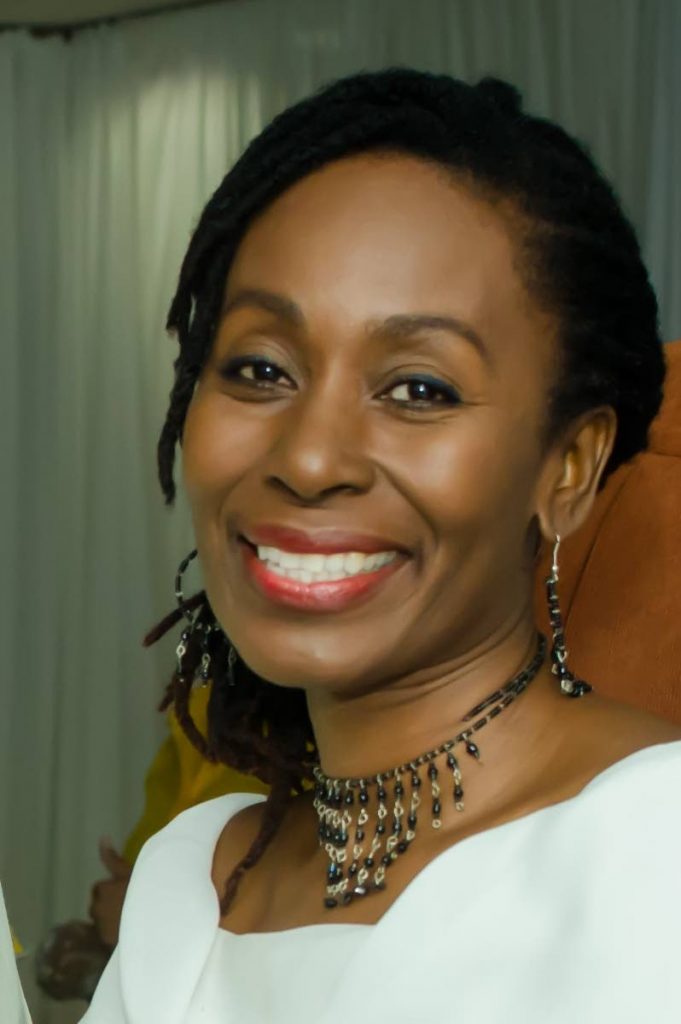Confronting Haitian storm of freedom

Culture Matters
DARA E HEALY
On the night of the 22nd a tropical storm raged, with lightning and gusts of wind and heavy showers of rain...That very night they began. Every slave-gang murdered its masters and burnt the plantation to the ground... They knew that as long as these plantations stood, their lot would be to labour on them until they dropped. The only thing was to destroy them.
– CLR James, Black Jacobins
IN EVERY sense, storms continue to rage around Haiti. More than 200 years after Vodun practitioners Dutty Boukman and Cécile Fatiman led a ritual that signalled the start of the Haitian Revolution, the world has yet to truly support the nation that freed itself from enslavement. Is it that the world has still not forgiven them for the damage they did to the profits of the trade in enslaved Africans?
CLR James called Saint Domingue, as it was known then, the “greatest colony in the world, the pride of France and the envy of every other imperialist nation.” In modern corporate jargon, the enslaved of Haiti made a lot of money for their colonisers.
On Monday, the world will remember that stormy night in 1791 with the International Day for the Remembrance of the Slave Trade and Its Abolition.
It would take almost 12 years of rebellion, but by 1804, the people of Haiti had liberated themselves. It is said that their victory spurred abolitionists in the US, England and elsewhere to lobby for the end of the slave trade.
In the British Caribbean, the worth of the enslaved was also carefully calculated. By the time emancipation was put on the negotiations table, £47 million was the estimated value of the Africans who were compelled to work on plantations. As part of the final deal, it was agreed that plantation owners would be paid £20 million. The enslaved would be encouraged to remain on the plantations as a means of working off lost income for the planters.
As it turned out, the French seemed to have emerged with a better deal. In 1825, more than 20 years after the Haitians ousted European powers, the French monarch demanded 150 million gold francs in reparations; billions by modern calculations. True, the amount was reduced to 90 million francs, but this really is not the issue.
What if the Haitians had said, “nah?” Would other nations have supported them?
At the time this would have been unthinkable, since the US and Spain did not even renounce enslavement until almost the end of the 19th century. It took Haiti until well into the 20th century to pay what France demanded.
What if they had said “forget this s--t”? Would the global community have said, “Yeah, France, this is real madness”? Unlikely.
The Haitian quest has been described as “one of the great epics of revolutionary struggle,” but in the Caribbean we seem to be uncomfortable with revolution. We like the idea of it, but the relative silence surrounding Maurice Bishop, Fidel Castro, Sandy from Tobago and others across history is perhaps a clue to our indecisiveness on the Haitian rebellion.
So what would we like to achieve with Monday’s commemoration?
First, I think a truce should be announced. Industrialised nations should accept that Toussaint L’Ouverture, Dessalines, Christophe and others won. In fact, they should just “move on,” as David Cameron advised Caribbean people about enslavement.
Then they should commit substantial resources to support Haitians in rebuilding their economy, investing in youth, business and sound governance.
But there is work to be done by the people of Haiti as well. James wrote that Vodun “was the medium of the conspiracy,” recognising the significance of African spirituality in the Haitian victory. Sadly, the belief system that once fortified Haiti for battle has little public recognition in their society. Africa is a concept that perhaps feels more comfortable on a stormy night in the hills of Le Cap rather than on the streets of Port au Prince.
As we face death and loss all around, yes, we have to look after our country, our community and our families.
But consider this. Haiti’s refusal to surrender inspired the possibility of freedom for us all. Surely, we cannot continue to live with the shame of how little is done for the nation that gave us so much.
More storms are coming. People of African heritage must value Haiti or face the consequences of attempting to get justice for 400 years of African enslavement without her strength.
Dara E Healy is a performance artist and founder of the Indigenous Creative Arts Network – ICAN

Comments
"Confronting Haitian storm of freedom"